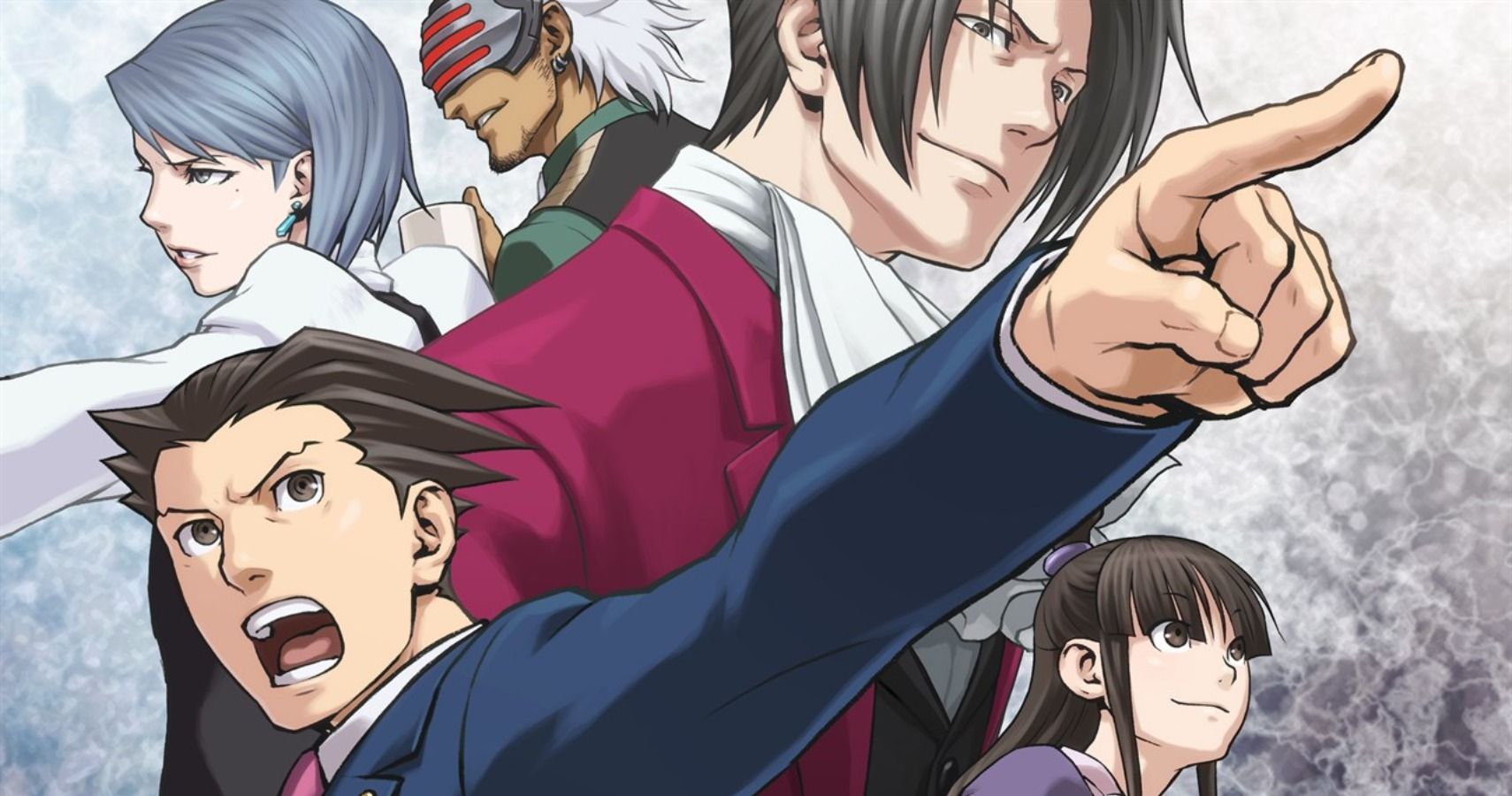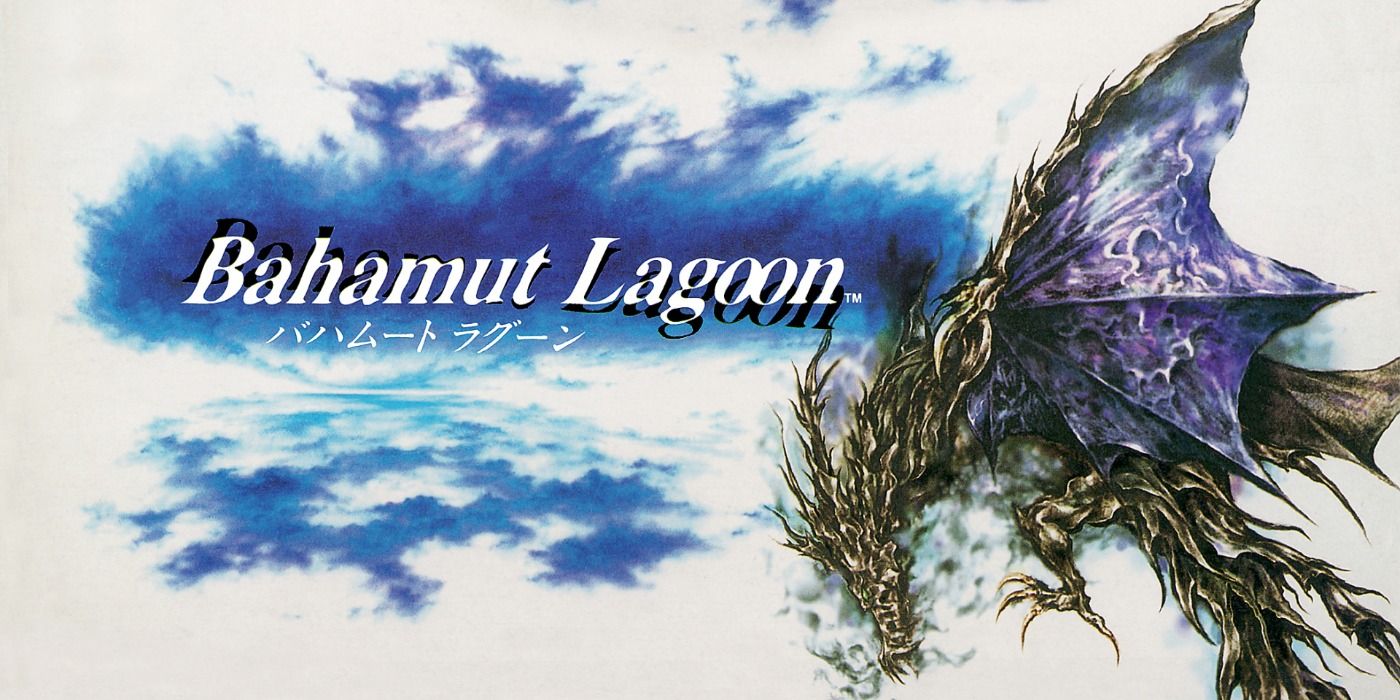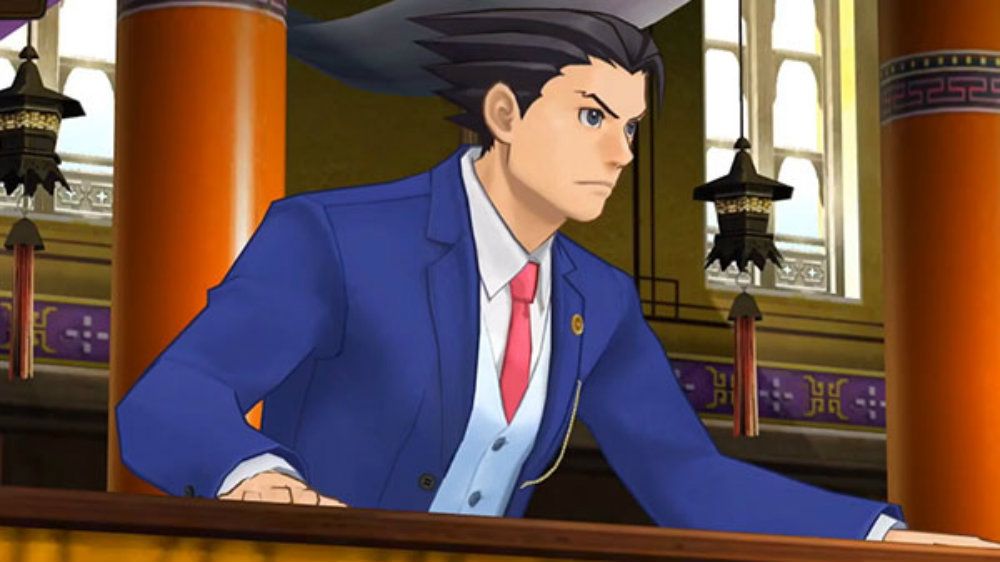The first game in the Ace Attorney series was released for the Game Boy Advance in 2001, but only in Japan. The game would be followed by two sequels in 2002 and 2004. The Ace Attorney games were a combination of the point and click adventure and visual novel genres, which made it seem unlikely that they would be released outside of Japan.
The original Ace Attorney trilogy was released internationally on the Nintendo DS starting in 2005. There are many people who scoffed at the idea of a game where you played as a defense attorney, but the Ace Attorney series quickly earned a fanbase outside of Japan due to its sharp writing, funny characters, and surprisingly exciting gameplay that turned the courtroom into a battleground.
The localization team behind the Ace Attorney games made the choice to switch the setting of the game from Japan to the USA, which resulted in some strange moments in regards to concepts that were obviously Japanese but had been transplanted to America. The localization team did a fantastic job with their changes to the series and the popularity of the Ace Attorney franchise outside of Japan be attributed to their stellar work. The team was given a great deal of freedom in how they approached the series, which was in stark contrast to a lot of Japanese media that made its way to the west in the past.
Too Much Japanese Text Would Often Prevent Games From Being Localized
There was a long period of time where a game's chances of localization were determined by the amount of work that was needed to translate them from Japanese to English. This is the reason why fighting games and platforming games were more likely to see an international release over RPGs.
The few text-heavy games that made their way overseas were also restricted by the tighter content guidelines that companies like Nintendo imposed, which is why games like Chrono Trigger and Final Fantasy VI faced censorship when released internationally.
The majority of the RPGs released during this time were set in fantasy or science fiction locations, which meant that there weren't many games set in contemporary locations. The main exception to this was EarthBound, which had several changes made during the localization process, such as changing the octopus statues into pencils,
The Butchering Of '90s/'00s Anime
The early anime series that were localized for a mainstream audience also endured some bizarre localization choices in order to cover-up elements from Japanese culture.
The team that localized the Pokémon anime had a strange fascination with changing the names of Japanese foods or just editing over them entirely, with the most infamous example happening when Brock referred to onigiri as jelly-filled donuts.
Pokémon wasn't the only series that endured strange localization choices, as Dragon Ball Z often obscured Japanese text that appeared in backgrounds, while Yu-Gi-Oh! changed the setting of the series from Japan to the USA, which meant that changes had to be made for the filler season where the cast traveled to the USA.
The popularity of anime has meant that many modern series are localized in a way that is as faithful to the original material as possible, though the creators still sometimes need to accommodate for puns in the Japanese language that wouldn't make sense to a native English speaker.
Phoenix Wright: American Hero
The Ace Attorney series is filled with references to Japan and Japanese culture, yet the choice was made to shift the setting of the series to the USA. The localization team was then faced with the monumental task of translating the humor of the series to an international audience, which is to say nothing of the segments of the games that were steeped in Japanese culture, such as the spirit mediums of the Fey clan or Nine-Tails Vale.
The changes made during the localization process of the Ace Attorney games was crucial to the success of the series outside of Japan. A straight translation would have left most of the audience scratching their head over the numerous references that they were not familiar with. The change in setting meant that a few narrative leaps had to be made to explain elements of the backstory (such as Nine-Tails Vale being created by Japanese immigrants who then created a town that was steeped in Japanese mythology), but these were necessary as part of the story and to prevent the need for large parts of the game to be changed or removed.
The English localization of the Ace Attorney series managed to capture the spirit of the original, while also replacing the Japanese humor & references with content that would be understandable to an international audience. A change like this is necessary to the success of a text-heavy game and it's why the Ace Attorney series has gained such an international following.




